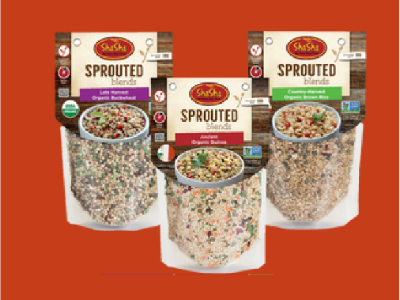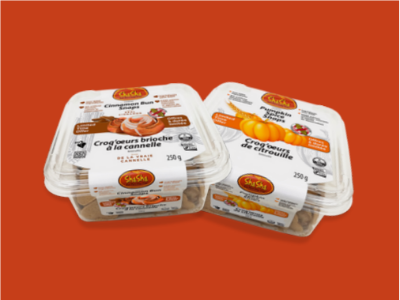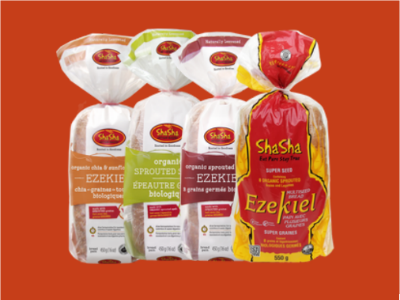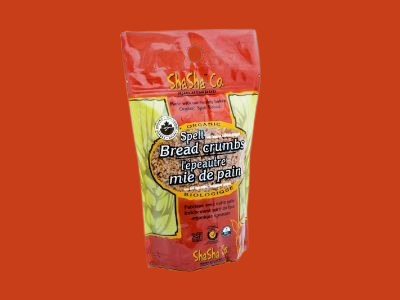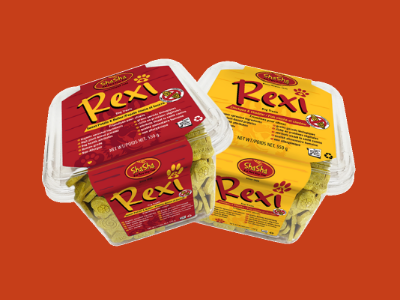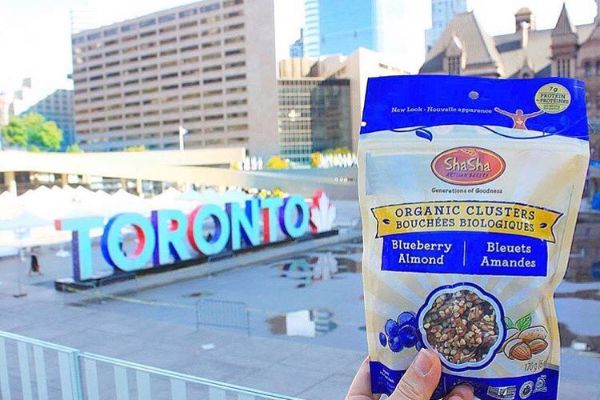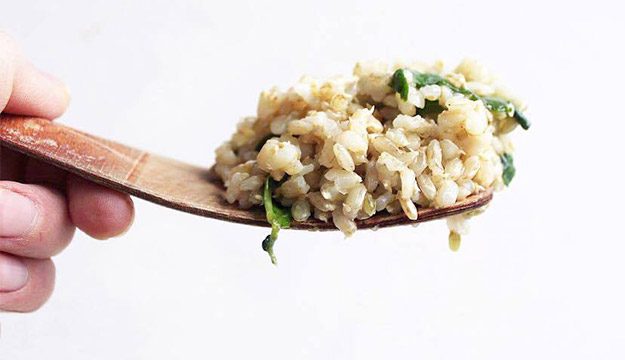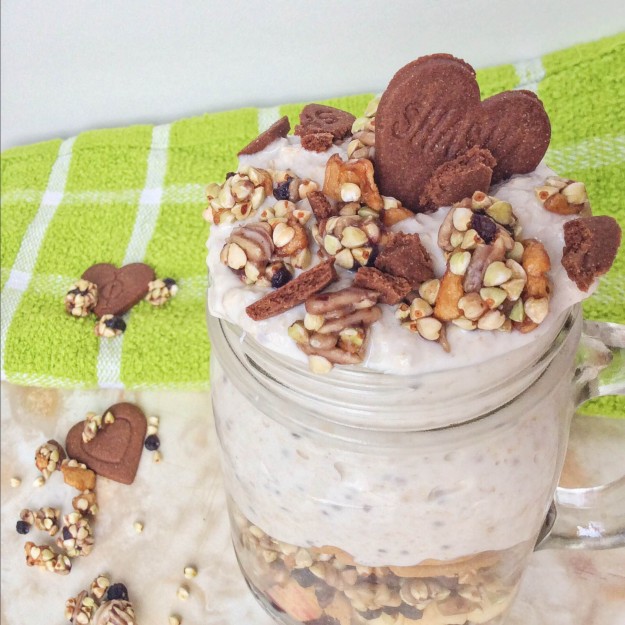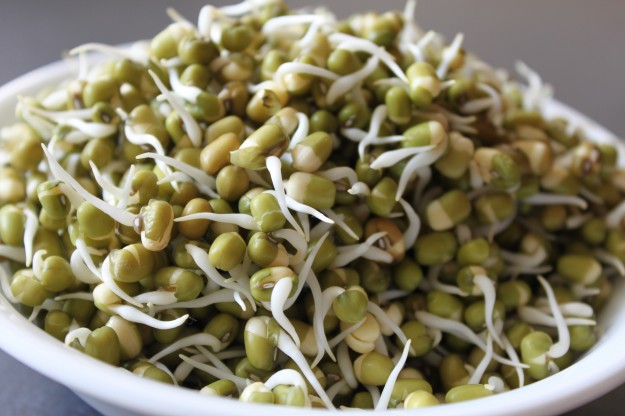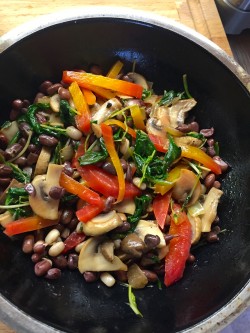The importance of sprouts in your diet
 Sprouts from beans and legumes such as mung, alfalfa, lentils and adzuki are packed with vitamins, fibre, vitamin C and protein. These deliciously diminutive plants pack a nutritional punch while keeping calories at an all time low. Amazingly, sprouts have almost three times the nutrient value of dry beans and legumes and are much easier for the body to absorb and digest. The sprouting craze in the health food isle of your supermarket is there for good reason; these tiny little sprouts are jam-packed with goodness.
Sprouts from beans and legumes such as mung, alfalfa, lentils and adzuki are packed with vitamins, fibre, vitamin C and protein. These deliciously diminutive plants pack a nutritional punch while keeping calories at an all time low. Amazingly, sprouts have almost three times the nutrient value of dry beans and legumes and are much easier for the body to absorb and digest. The sprouting craze in the health food isle of your supermarket is there for good reason; these tiny little sprouts are jam-packed with goodness.
Alfalfa
Alfalfa sprouts, actually part of the pea family, are crunchy and packed with flavour. They are perfect for salads, sandwiches, soups and omelettes. Alfalfa is a great source of phytoestrogens which are instrumental in preventing heart disease, cancer and osteoporosis. They also contain calcium, potassium, zinc, folic acid, magnesium, manganese, phosphorus and vitamins A through K. Alfalfa sprouts have the highest anti-oxidant value of all the vegetables.
Adzuki beans
Best known for their ability to increase metabolism, adzuki beans are great for dieters as they contain protein (which makes you feel full) and are low in calories. Adzuki bean sprouts help to lower cholesterol and prevent cancer. The high fibre content of adzuki bean sprouts help to balance digestive systems. Adzuki bean sprouts are a very popular addition to Asian cuisine and the beans themselves are made into a paste and eaten as desserts such as adzuki bean cakes, popsicles and ice cream.
Mung beans
 Mung bean sprouts contain only 30 calories for 3 ounces. They are high in fibre, vitamin C and protein. Mung beans are best when cooked, but can also be enjoyed raw. They are a good source of protein (23%) and are touted as being a super food. Aside from its high fibre and protein content, mung bean sprouts also boast healthy dollops of vitamin C, folic acid, copper, iron, zinc, magnesium, manganese, phosphorus, potassium and thiamine. Mung beans reduce the risk of heart disease, encourage cell growth and protect against cancer and diabetes.
Mung bean sprouts contain only 30 calories for 3 ounces. They are high in fibre, vitamin C and protein. Mung beans are best when cooked, but can also be enjoyed raw. They are a good source of protein (23%) and are touted as being a super food. Aside from its high fibre and protein content, mung bean sprouts also boast healthy dollops of vitamin C, folic acid, copper, iron, zinc, magnesium, manganese, phosphorus, potassium and thiamine. Mung beans reduce the risk of heart disease, encourage cell growth and protect against cancer and diabetes.
Bacterial infections and salmonella can be contracted if sprouts are not grown or packaged in hygienic conditions. Always rely on trusted brands or grow your own to ensure that you are eating sprouts that will improve your health. Dehydrated sprouts are just as packed with goodness and are less likely to cause bacteria-related illnesses. Dehydrated sprouts can be eaten as a snack, as a cereal or utilized in cooking. Dehydrated sprouts can be added to dishes in the same way that you would legumes, but cook in half the time. Are you new to the exiting world of sprouts? Then get recipes here that will make your first forays into the world of sprout cooking both delicious and nutritious.

